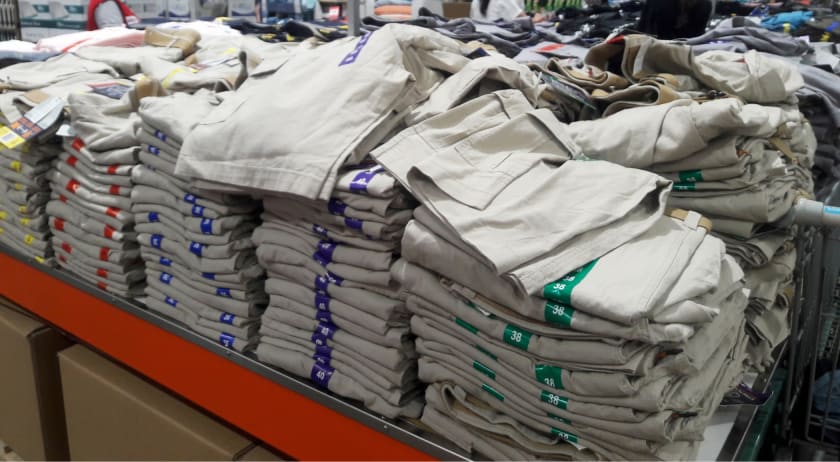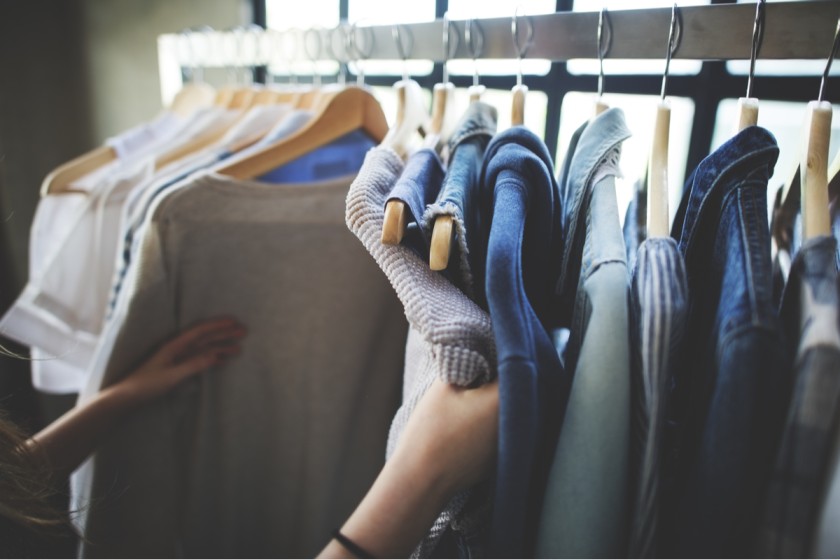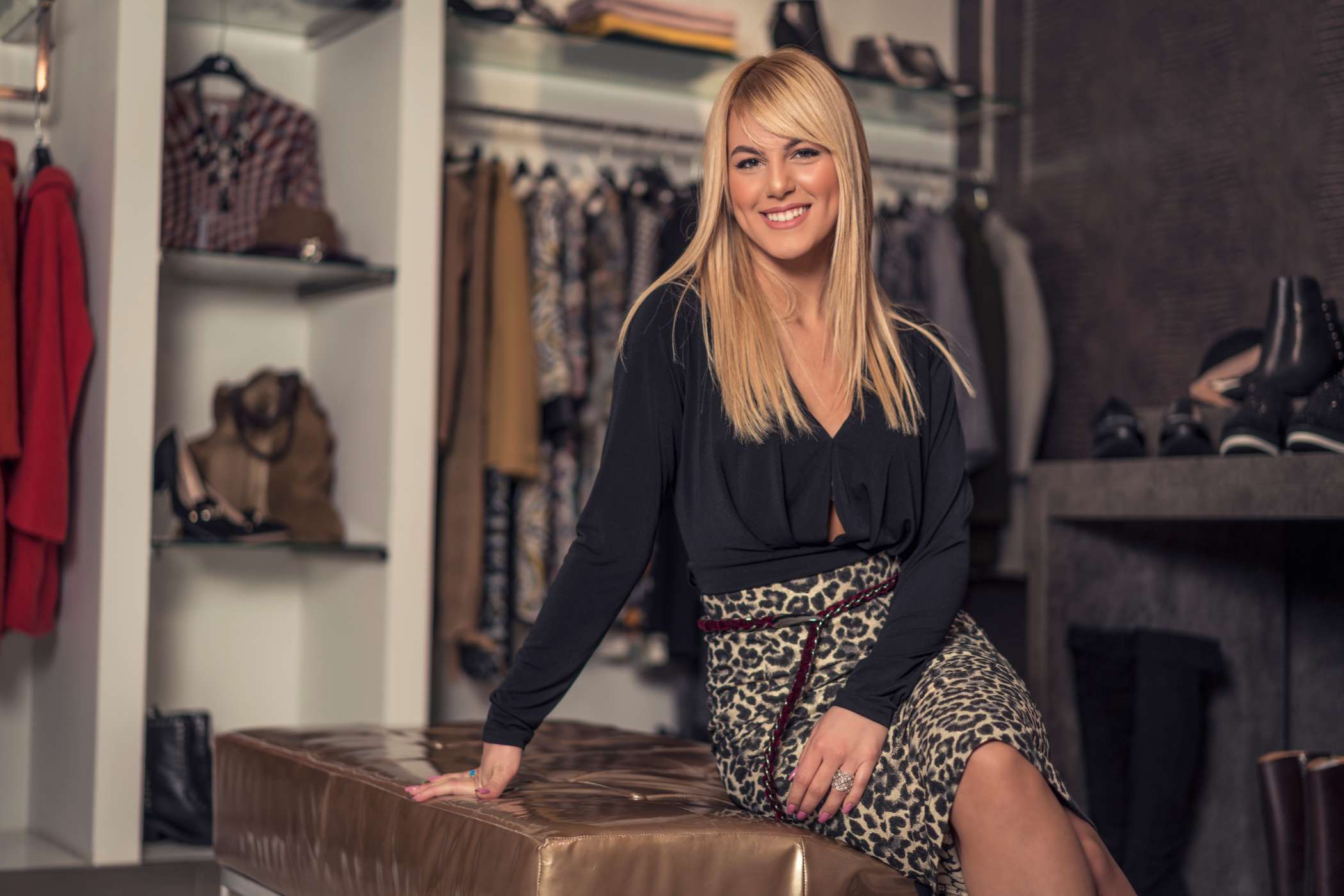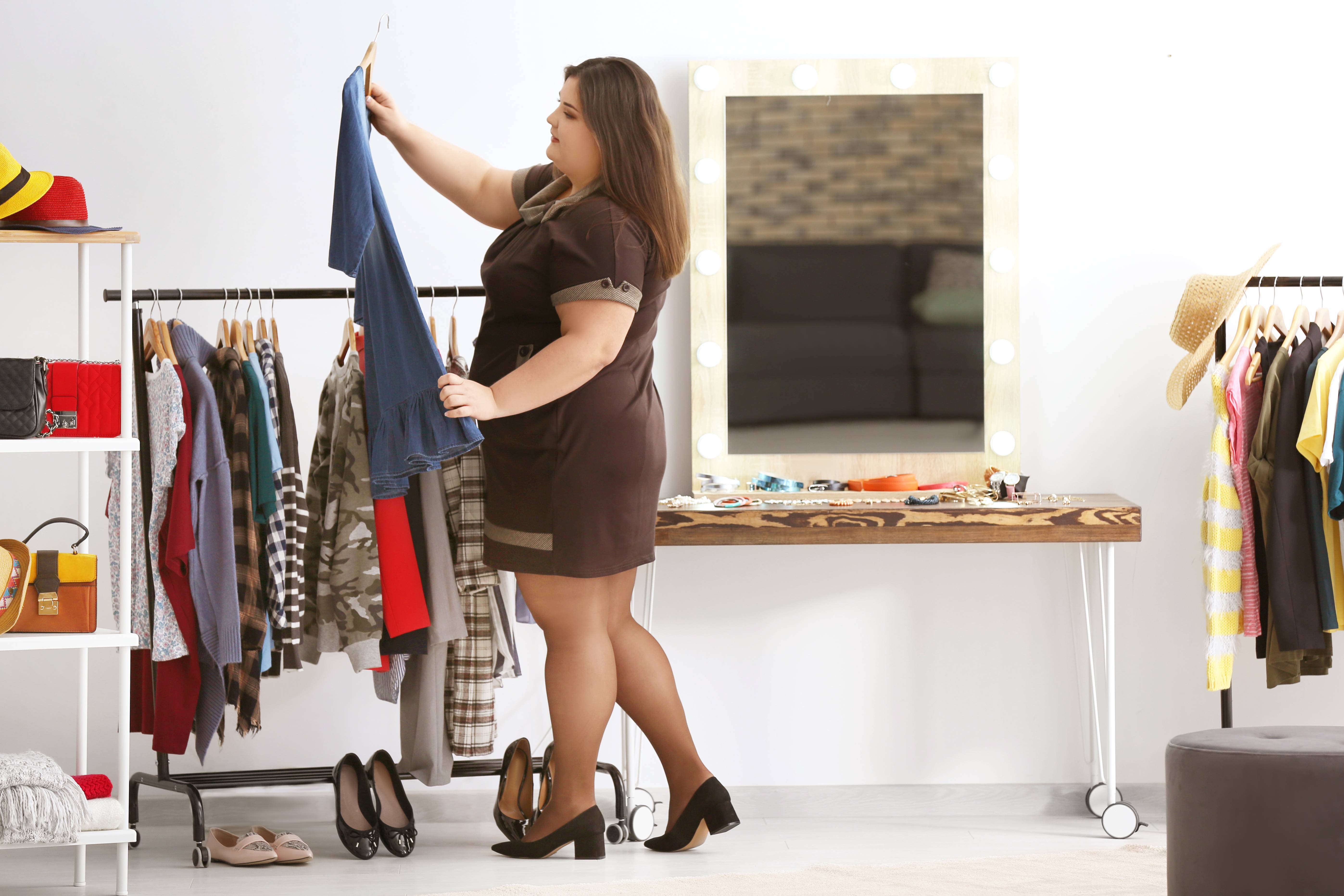Who Are Clothing Distributors? How Can You Find One For Your Fashion Business?



Fashion business experts drive a fashion company's tactical and entrepreneurial mentality. They work in production, communication, marketing, and retail, and must be well-versed with the industry. They can pinpoint which tools are required to properly position a brand, a collection, or even a single product in the fashion and luxury markets.
Fashion business experts know a lot about the fashion industry. It is a full-time program based upon a market-based economy and covers major factors in the fashion business and includes allocation, procedures, accounting, banking, apparel fashion marketing, connections, retail operations, and widespread supply networks.
Who Are Clothing Distributors?
A clothes distributor is a business that purchases apparel on a large scale at low prices from manufacturers and then supplies them to retailers for sale to final consumers. Direct mail orders are also a way clothing distributors can supply items to end consumers. The price increases in retail outlets further, making consumers pay more money for an item than the distributors pay to the manufacturers.
A garment distributor may have contracts with multiple different garment manufacturers. The distributor may acquire various apparel items, such as shoes, jackets, dresses, skirts, or pants. The options and variety of the styles for the apparel are taken into consideration and depend from one distributor to another. The distributor may also acquire one or more specific brands of fashion clothing. A distributor, for example, may acquire either higher-end apparel or a broad variety and selection of clothing from both the high and low end of the price scale.
Distributors frequently have contracts with manufacturers to produce apparel in different regions of the globe with low labor costs. A distributor, for example, may have a contract for garments or goods to be manufactured in China or the Philippines or any other country. In such circumstances, a clothes distributor also serves as an importer, bringing items in from outside to sell in more developed countries, like the United States or Europe.
In most situations, the clothes distributor also has partnerships with retail outlets.
A distributor may have relationships with a variety of retail venues. A distributor, for example, may supply Lee brand jeans to retailers like Sears, JCPenney, Wal-Mart, etc., that sell that particular brand of jeans. The distributor networks may also have exclusive business deals with particular outlets. For instance, some high-end clothing brands like Gucci, LV, etc., have a limited number of distributors or retailers that have access to their sales because the brand's image and reputation are very hyped and come under the luxury category.
The distributor then enables the transfer of clothes and apparel products from the producer to the retailer, satisfying requests for goods and things as desired by the business and earning money through markups on items sold.
How Can You Search for the Best Clothing Distributor for Your Fashion Business?

Given below are some basic steps that every fashion business should follow to find an effective clothing distributor for better sales:
Investigate Your Industry's Distribution
There are several methods for transporting a product from the producer to the merchant. Here are four distribution channels -
● Manufacturer: You can directly visit the manufacturer to reduce your costs. This is a very cost-effective method.
● Importer / Exclusive Distributor: A company may have exclusive rights to import and distribute a product in a certain region. Some sell directly to resellers, whereas others sell to local and small wholesalers who further sell to retailers.
● Wholesaler / National Distributor: Typically, national wholesalers take delivery of stock car-sized quantities and market them to local wholesalers, who further supply them to small businesses.
● Merchandisers / Middlepersons: Individuals make daily deliveries to local retail apparel retailers.
Begin with the manufacturers
Paying wholesalers reduces your profit. To boost sales, you should be quick at the beginning and eradicate exceptions. If branded merchandise is involved in the business, you should directly contact the manufacturing firm, and if you meet their requirements, they will charge you minimum for their products. Contact their distributors only in case you do not meet their requirements.
You can become more stable, and profits will be increased if fewer people are to be dealt with.
Be more precise in your online searches.
Whenever you search on the internet regarding the wholesalers and the beginner market, you have to go through many aspects to analyze the real market price and the manufacturing costs of the apparel. There should be expertise in this point because the least possible price on a beginning item will increase your firm's profit margins.
If the contacts you find on the internet do not lead you to email or phone numbers, a WHOIS search can make you get the website's owner contact. The more consistently and deliberately you work, the more profit will be.
Maintain Contact with Major B2B Marketplaces

There are a lot of significant online B2B marketplaces where you may purchase a large number of items at reasonable costs. Some of the top B2B marketplaces, including apparel manufacturers, importers, and wholesale clothing distributors, are included below:
● Fashinza
● Global Sources
● Buyer Zone
● EC21
● EC Plaza
Enter Business Associations, Forums, and Other Professional Networks
Small company owners with greater expertise in your sector or area are frequently the most knowledgeable wholesalers. Other merchants are unlikely to be willing to share supplier information with competitors. Invest time in networking to build trust and relationships that will assist you in locating the best wholesale suppliers for your small business.
Participate in internet forums, which can be a terrific source of free knowledge, and seek assistance from market or business expertise. You may also expand your professional network by creating a LinkedIn profile, subscribing to industry publications, and joining your local Chamber of Commerce or small company networking organizations.
Conclusion
Don't be concerned about making a mistake. The basic wholesale clothes distributor may not supply apparel for long. Creating your ideal supply chain is a process that entails many trials and errors. Your initial objective is to get a product provided. To flourish the business, you may expand the bottom line by interacting with different clothes wholesalers. The choice of a wholesale clothes manufacturing partner is crucial. Never take it lightly or make it too hastily. Choosing a non-effective partner results in additional costs, production delays, or the development of subpar products. Because your wholesale clothes manufacturer is a partner and an extension of your business, you should take your time in selecting the best one.
Fashinza is a platform for B2B garment production. We assist clothing manufacturers in the production of their collections by linking them with suppliers. From design to delivery, we oversee the full manufacturing process; our partners need to place the order. Our platform allows companies to place production orders for their collections and have them delivered, with the ability to track, interact, and make payments along the route. We make the tailoring process clear, fast, and more reliable for branded firms. To know more, get in touch with us today!



















